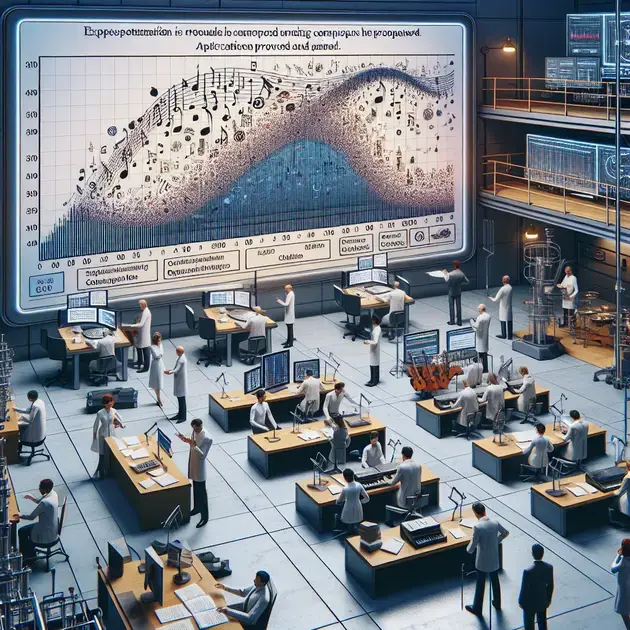The researchers analyzed the structural elements, melodies, and harmonies in each composition to identify patterns that could indicate upcoming musical events.
The results of the study were impressive. The physicists discovered that some composers were more predictable in their compositions, while others were more innovative and less bound by traditional structures. This variation in predictability showcased the diversity and unique styles found in music.
The study also revealed the important role that surprise and anticipation play in the enjoyment of music. When a piece deviated from the expected progression, it created a sense of excitement and engagement. Conversely, compositions that strictly adhered to predictable patterns were less stimulating for the audience.
The implications of this research go beyond the realm of music. Understanding how expectations are formed and manipulated in music can provide valuable insights in fields such as marketing, where creating anticipation and surprise can significantly impact consumer behavior.
This study opens up new possibilities for composers and musicians to experiment with their compositions. By intentionally manipulating expectations, they can create innovative and captivating musical experiences for their listeners.
As the study of the influence of music on expectations continues to evolve, scientists hope to delve deeper into the intricate mechanisms that shape our perception and response to music. Through interdisciplinary collaborations between physicists, musicians, and psychologists, we may uncover even more profound insights into the powerful connection between music and our emotions.
In conclusion, the study conducted by physicists on the influence of music on expectations highlights the diverse nature of musical styles and the impact of expectation on listener engagement. This research not only deepens our understanding of music but also sheds light on its potential applications in various fields.
